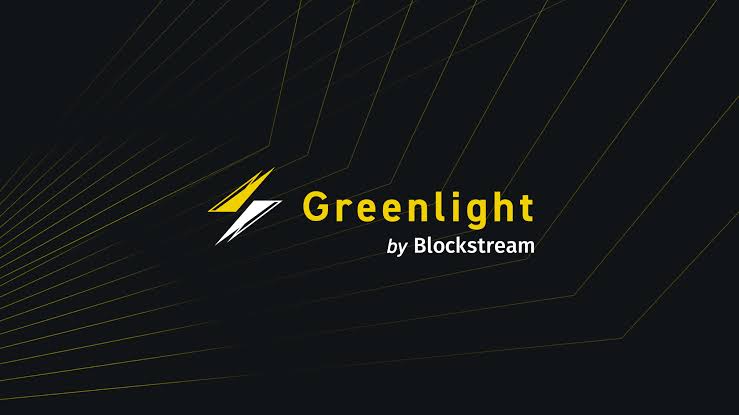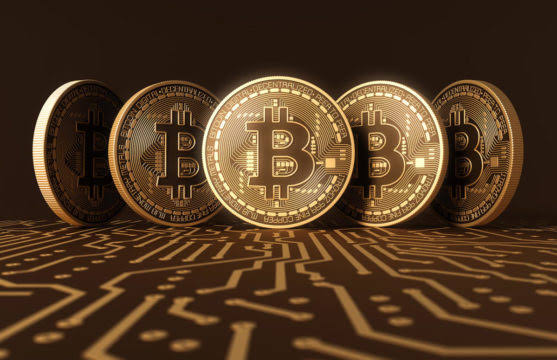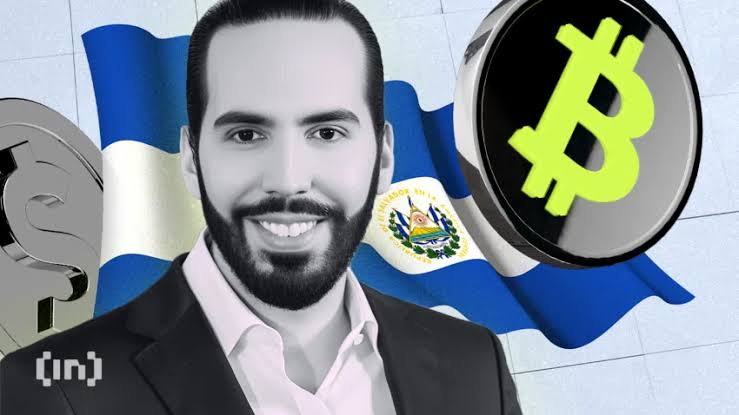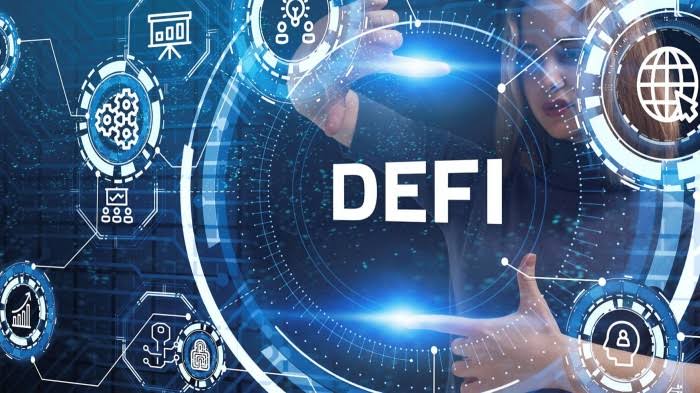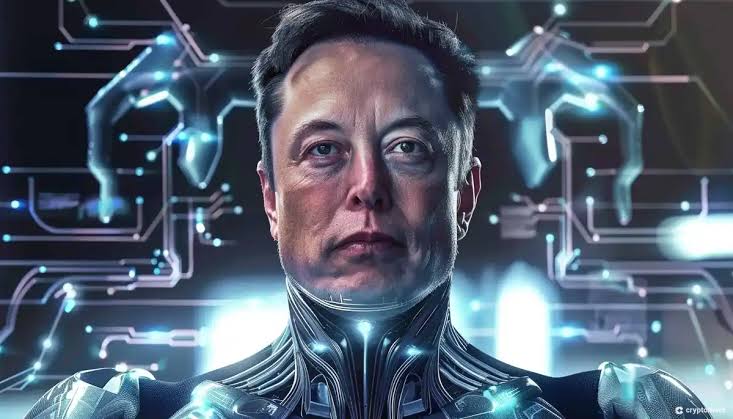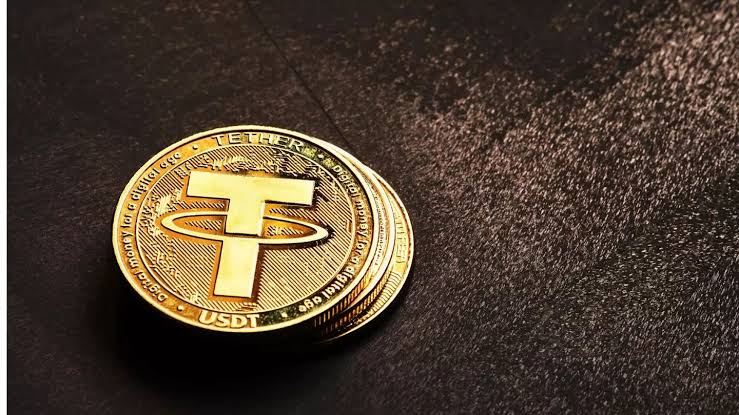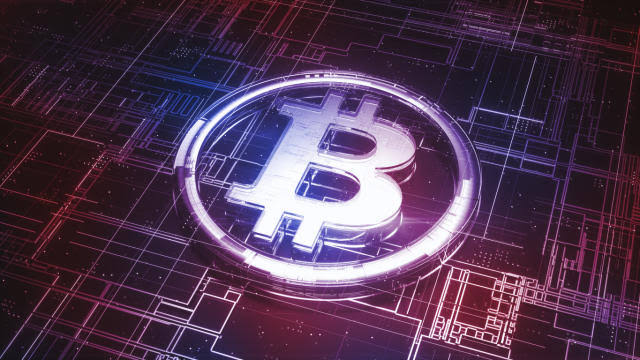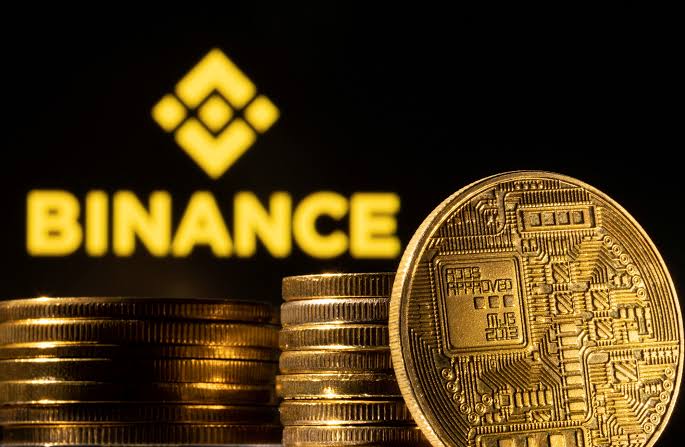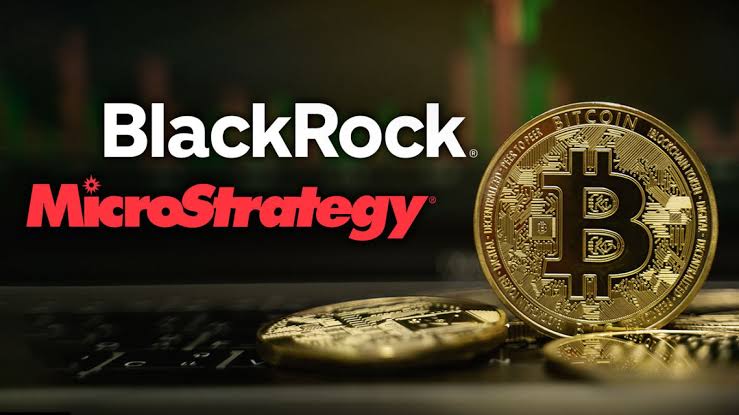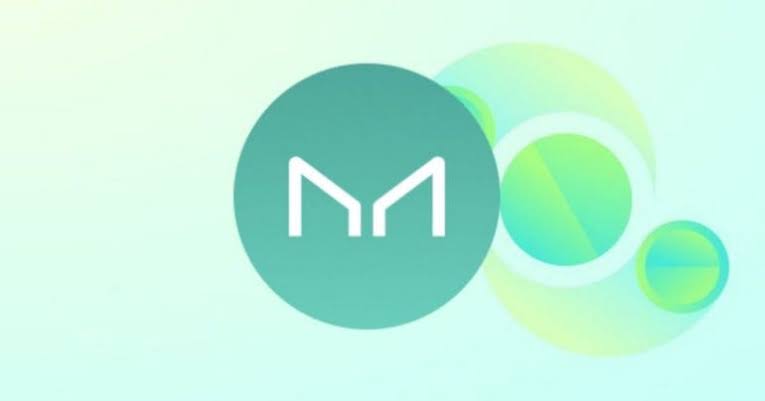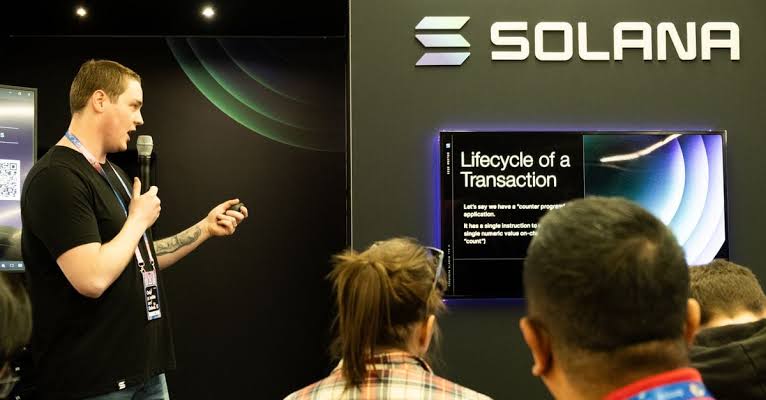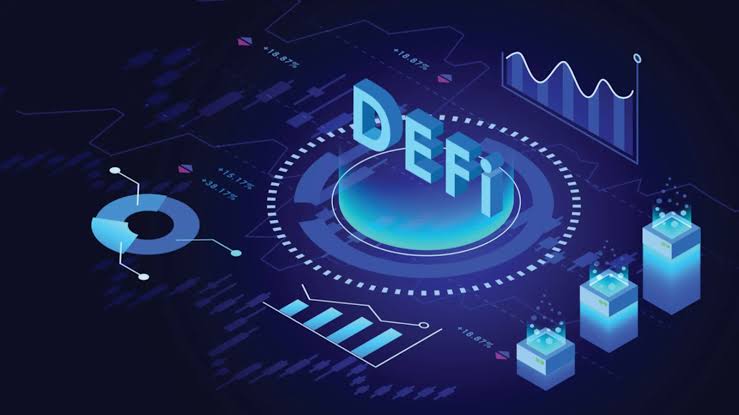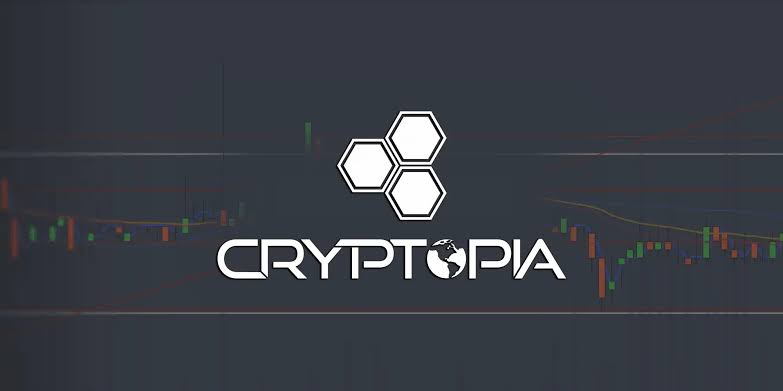Starknet believes that Ethereum’s Dencun hard fork will have a big impact.
Scaling procedure at layer twoWhen Dencun, Ethereum’s most recent hard fork, takes effect on March 13, Starknet wants to quadruple the impact of reduced rollup costs.Coinciding with the Dencun upgrade, the Starknet Foundation announced the implementation of further fee-saving measures on its system.Since the transition of Ethereum to proof-of-stake consensus in October 2022, the hard fork is likely the most important update to the platform. The Ethereum improvement proposal (EIP-4844) included in Dencun modifies the way Ethereum rollups save data on the mainnet.A number of layer-2 rollups compile, process, and transmit an off-chain summary of transactions to the Ethereum blockchain. By substituting blob space for call data storage, EIP-4844 opens up a new avenue for rollups to add less expensive data to blocks.Because all Ethereum nodes must process the data that remains on-chain eternally, using call data to preserve cryptographic proofs of off-chain bundled transactions has previously been costly. By using a technique called proto-danksharding—named for the researchers who first suggested EIP-4844—rollups can send and attach data blobs to blocks.After a predetermined 18-day period, the data is automatically erased and is not accessible to the Ethereum Virtual Machine. Vice President of Product at Polygon Labs David Silverman earlier told Cointelegraph that rollups can get the same security guarantees in blog space, but at a far lower cost. Ecosystem developers expect that in the upcoming weeks, as rollups go through governance and upgrade procedures to modify their contracts, going from pointing to call data to pointing to the new blob space, there may be a delay in the realization of the cost reductions by layer-2s.The announcement of a hard fork-specific update scheduled to coincide with Dencun came from the Starknet Foundation.With Starknet version 0.13.1, costs will be drastically decreased by switching from the “expensive” call data technique to the more affordable “blobs” transaction type. Since call data makes up around 90% of the gas fees Starknet pays to send transactions to the Ethereum mainnet, the layer 2 anticipates a large gain.Ilia Volokh, a blockchain researcher and product manager at StarkWare, informs Cointelegraph that blob space will be used for Starknet’s shared prover (SHARP), which transfers Starknet’s state diffs to Ethereum as call data.State diffs include more details about contract deployments as well as information about each changed contract storage. Volokh expects to see accurate statistics reflecting fee reduction within an hour of Dencun’s implementation. Meanwhile, the full benefits will be immediately reflected to users, Volokh said. “A byte of data will be priced in accordance with Ethereum’s blob prices.” Recursive proof technology, which effectively groups earlier proofs into batches known as trains, is used by Starknet’s SHARP prover.The trains will be able to handle more transactions and boost the performance of the protocol thanks to a new hash scheme that will be implemented in early 2024.



